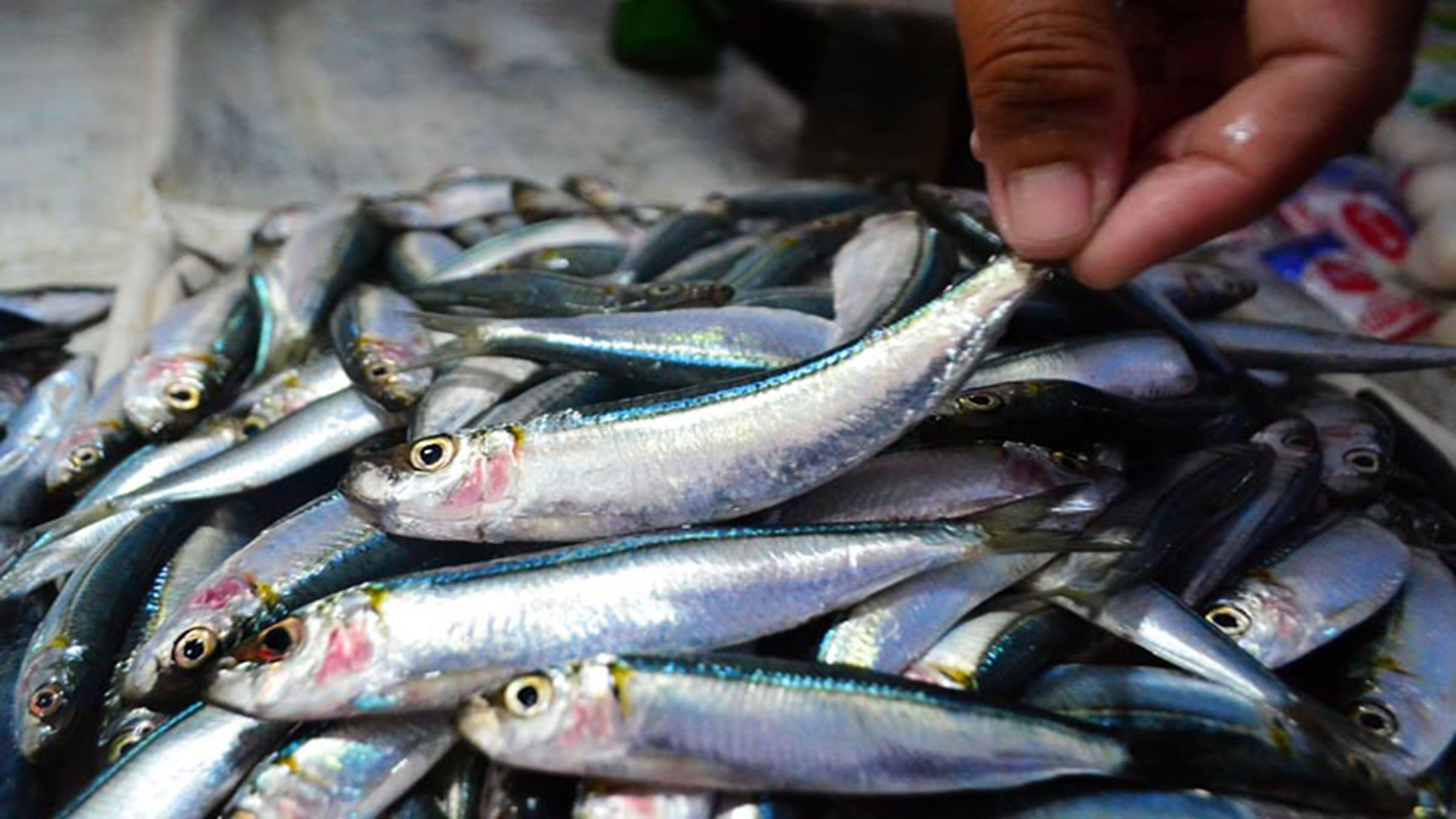Further discussions need to be made amidst an alleged shortage of fish (tamban) for sardine canning, which fisherfolk see as a ploy for commercial operators to enter into municipal fishing grounds, reserved for small fishermen.
The fisherfolk group Pambansang Lakas ng Kilusang Mamamalakaya ng Pilipinas (Pamalakaya) has warned the government about big fishing companies and canneries fabricating a supposed shortage of Indian sardines or tamban used by canned sardine makers.
Fishing firms and canneries declare a supposed shortage so they can increase the retail prices of canned sardines and push their vessels into municipal waters--- which is reserved for coastal fishermen.
Pamalakaya, an organization uniting Filipino fishers towards a genuine fisheries reform and to achieve sustainable utilization of the fishery resource, said that municipal waters should remain exclusive for small fishermen. If big fishing firms and canneries were to enter their vessels to enter municipal waters, this would result in small fishermen losing their livelihood as they rely on the municipal waters for their living.
The organization also noted that commercial fishing vessels should not be allowed to enter within the 15-kilometer municipal fishing grounds from the coastline. Commercial fishing vessels are a major threat to small fishers because of their size and they use fine-meshed nets and trawlers that scrape the bottom of the marine resources.
Despite existing fisheries laws that declare municipal waters for small fishers, there are some commercial fishing vessels that still enter these areas because they are “either owned by or conniving with local government units (LGUs).”
In addition, the modified Philippine Fisheries Code specifies that commercial vessels can enter any body of water having a depth of seven fathoms or greater, regardless of whether it encompasses municipal waters.
“This is how big fishing operators manipulate the existing fisheries law. Allowing these large fishing vessels to enter municipal waters would result in a steep decline in the catch of our small fisherfolk, which would lead to low supply and higher prices in the market,” Pamalakaya national chairman Fernando Hicap said.
Supply issues
Hicap said that the Bureau of Fisheries and Aquatic Resources (BFAR) should remain vigilant against this “fabricated” sardine shortage as it will only favor big fishing firms and operators over the interests of small fishers and consumers.
He pointed out that the Philippine Statistics Authority (PSA) and BFAR reported a 222.58 percent sufficiency level of sardines during the first quarter of the year and 409.06 percent in the second quarter. This means that a “supposed” supply shortage was unlikely to happen with that kind of percent sufficiency level.
The Department of Agriculture also added that the country has sufficient supply for the rest of the year. It said that the BFAT forecasted the annual sardine production to reach 293,431 metric tons (MT) which covers the national demand of 101,367 MT.
The volume of sardines that are entirely sourced locally comes from commercial at 208,387 MT and municipal fishers at 85,043 MT.
Aside from the volume, the quality of sardines has improved as well with more sardines have reached maturity and having the appropriate catchable size as seen in data from the National Stock Assessment program of the National Fisheries Research and Development Institute.
This has been possible through the effective implementation of the National Sardine Management Plan (NSMP) which is a five-year plan that harmonizes all sardine policies and programs, including conservation measures such as closed fishing seasons.
Meanwhile, the Canned Sardines Association of the Philippines (CSAP) remained firm that there are not enough sardines in commercial waters for manufacturing firms.
“Maybe, there is plenty of sardines in municipal waters for the wet market. There is not enough in commercial waters for canneries. Our catch data does not align with BFAR reports,” CSAP executive director Francisco Buencamino told The STAR.
The CSAP said that the sardines are abundant in municipal waters where they cannot operate hence why there are pushing to operate their vessels there to answer the shortage.
Buencamino proposed that the three-month closed fishing season be relocated to a different time of year, rather than the original timetable of December through February.
He said that the current paucity of sardines in commercial seas is due to the fish's natural predisposition at this time of year to relocate toward the coast, where planktons they feed on can be found.
Another reason for the price hike of canned sardines would be the higher prices of steel plates.
The Department of Trade and Industry (DTI) reported that the suggested retail price of canned sardines in tomato sauce increased by six percent in its latest bulletin released last Aug. 12.
Buencamino declined to comment on whether the canned sardine manufacturers will file a petition for a price increase with the DTI amidst the supply issues.
Commercial vs Municipal
DA Senior Undersecretary Domingo Panganiban said that the agency would consider discussions with the Canned Sardines Association of the Philippines (CSAP) on the alleged sardine shortage.
“ In the meantime, we are still reviewing the sardines industry, and the materials used in the canning of sardines because the tin can is the most expensive input, not the sardines itself,” Panganiban said
Another price hike for another food like sardines will affect the buying behavior of consumers as sardines are usually one of the cheapest foods that consumers can buy at any time.
Concerning the CSAP's request to open municipal waterways to commercial fishing vessels, the BFAR declared that it would only approve what is stipulated in Republic Act 10654 or the modified Philippine Fisheries Code.
The law specifies that small and medium commercial fishing vessels may operate in municipal seas within 10.1 to 15 kilometers of the shoreline if the local government passes a municipal ordinance allowing their operation.
David Villaluz, chair of the Philippine Association of Fish Producers Inc. and a member of the National Fisheries and Aquatic Resources Management Council, said there is currently a tug of war between commercial and municipal fishers.
Tags: #Fishermen, #Sardines, #Supply, #PriceHike
